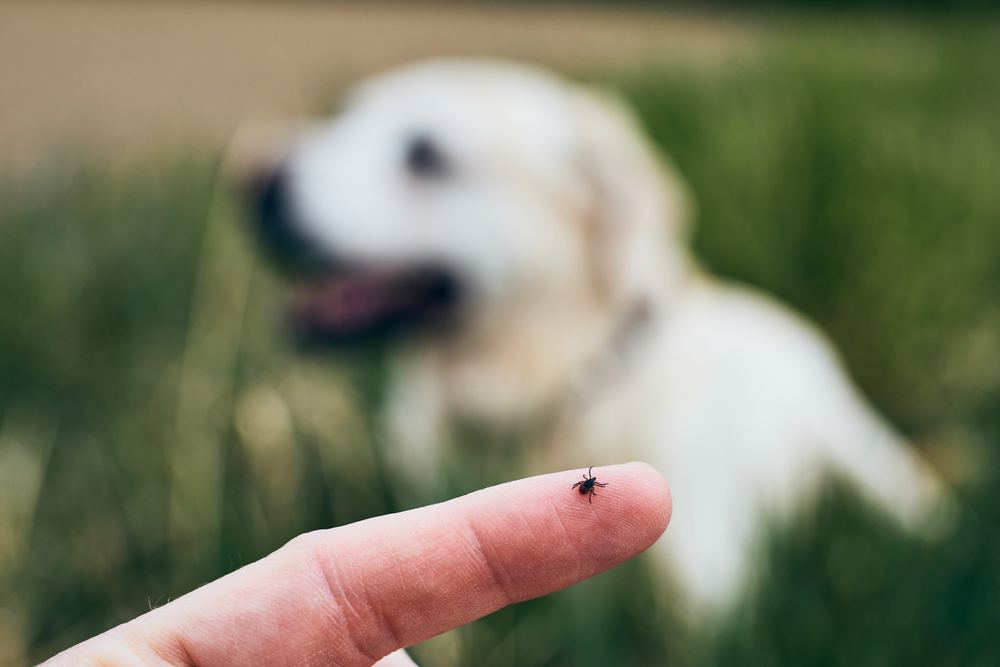
Parasites may be tiny, but they can do a lot of harm to your pet’s health. A parasite infection can cause organ damage or severe illness. The most common pet parasites include heartworms and intestinal parasites such as roundworms, whipworms, and hookworms.
Others are protozoan parasites and Giardia. If not treated, parasites can cause life-threatening diseases. Some parasites can be spread to humans around the home.
Contact Your Veterinarian
You can prevent infections by asking your veterinarian about the parasites in your location. Some parasites tend to be more prevalent in particular locations than others. You can find out how the parasites are transmitted. The knowledge will help you come up with the best preventative measures. Depending on your location, you may need year-round prevention for some parasites.
Signs and Regular Testing
It is necessary to know that infected pets may not show symptoms in the early stages. Regular fecal testing is the best way to determine if your pet is infected. When the signs do appear, you should know how to identify them.
The most common symptoms are vomiting, diarrhea, blood in the stool, and loss of appetite. Other signs are difficulty breathing and coughing. If you notice the signs, contact your vet immediately.
Pet Preventive Medications
Preventive medications can keep your pet free from parasitic infections. There are numerous medications for parasite control. They are easy to administer but ensure you stick to the instructions.
For your pet to get the most from the medications, you must be consistent, even when on vacation. Vets recommend round-the-year preventatives from an early age. Your vet will prescribe the best medications depending on your pet’s age, health condition, and other factors.
Keep Your Compound Clean
Maintaining a clean environment is an effective way to prevent parasites from infecting your dog. You can reduce your pet’s risk of exposure by cleaning all fecal matter as soon as possible. Keep your pet from eating feces.
Intestinal parasites are often spread through fecal matter. Remember, the parasites can remain in the soil long after the material has been deposited. Keep your yard as clean as possible, especially if your pet loves being outdoors.
Keep Your Dog From Drinking Standing Water
Stagnant water can serve as a breeding ground for parasites. Giardia, which causes severe diarrhea, can be present in ponds, puddles, and standing water. Do not allow your dog to drink from puddles during your walks.
Always provide fresh, clean water for your pet to keep them from looking for water elsewhere. Clear any utensils or objects from your compound that can hold rainwater. Protecting your dog from parasites will help keep them happy and healthy.
Regular deworming can help prevent infestations. Puppies require more frequent deworming than adult dogs. Reducing environmental contamination will protect your pet from the risk of exposure. Practicing good hygiene will help prevent animal-human transmission.
For more on preventing parasites in dogs, call The Pets Place Animal Hospital at (951) 684-2181 to reach our Riverside, California office.










